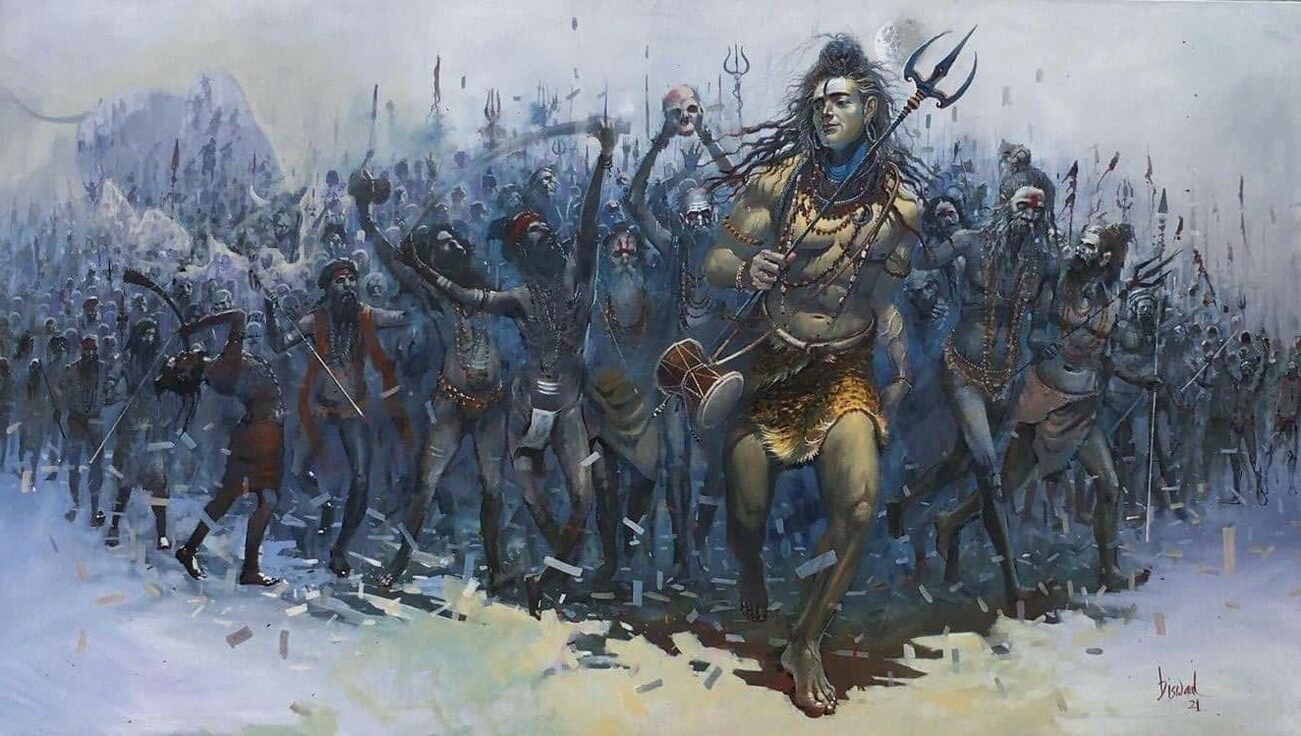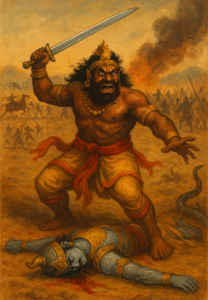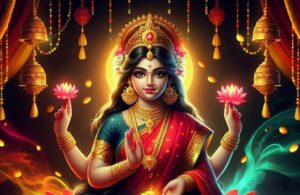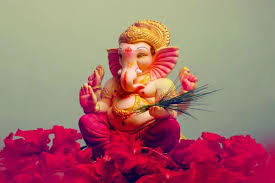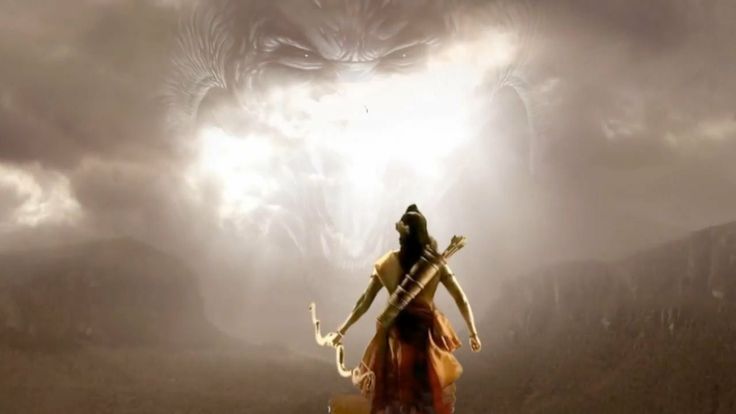Mahashivratri, the Great Night of Shiva, holds deep spiritual significance in Hindu culture, celebrated with reverence and devotion to Lord Shiva. Central to this observance are the powerful mantras chanted throughout the night, each holding profound meanings and invoking divine blessings.
Significance of Mahashivratri Mantras
Chanting mantras on Mahashivratri is believed to amplify spiritual vibrations, connecting devotees with the cosmic energy of Lord Shiva. These sacred chants are pathways to inner peace, spiritual awakening, and liberation from worldly attachments.
Popular Mahashivratri Mantras
1. Maha Mrityunjaya Mantra
The Maha Mrityunjaya Mantra, also known as the Great Death-Conquering Mantra, is dedicated to Lord Shiva and is believed to bestow longevity, health, and spiritual rejuvenation. It is chanted for healing and protection from negative influences.
ॐ त्र्यम्बकं यजामहे सुगन्धिं पुष्टिवर्धनम्। उर्वारुकमिव बन्धनान्मृत्योर्मुक्षीय मामृतात्॥
Meaning: “We meditate on the three-eyed one (Lord Shiva) who permeates and nourishes all like a fragrance. May he liberate us from the bondage of worldly attachments and grant us immortality.”
2. Om Namah Shivaya
Om Namah Shivaya is a potent mantra that encapsulates the essence of devotion to Lord Shiva. It signifies surrender to the divine and the continuous cycle of creation, preservation, and transformation.
ॐ नमः शिवाय॥
Meaning: “I bow to Shiva, the auspicious one.”
Chanting on Shivratri
On Mahashivratri night, devotees gather in temples and homes to chant these mantras with fervor and devotion. The continuous repetition of mantras, known as japa, creates a powerful resonance that purifies the mind and elevates consciousness. Group chanting amplifies the spiritual energy, fostering a collective experience of divine communion.
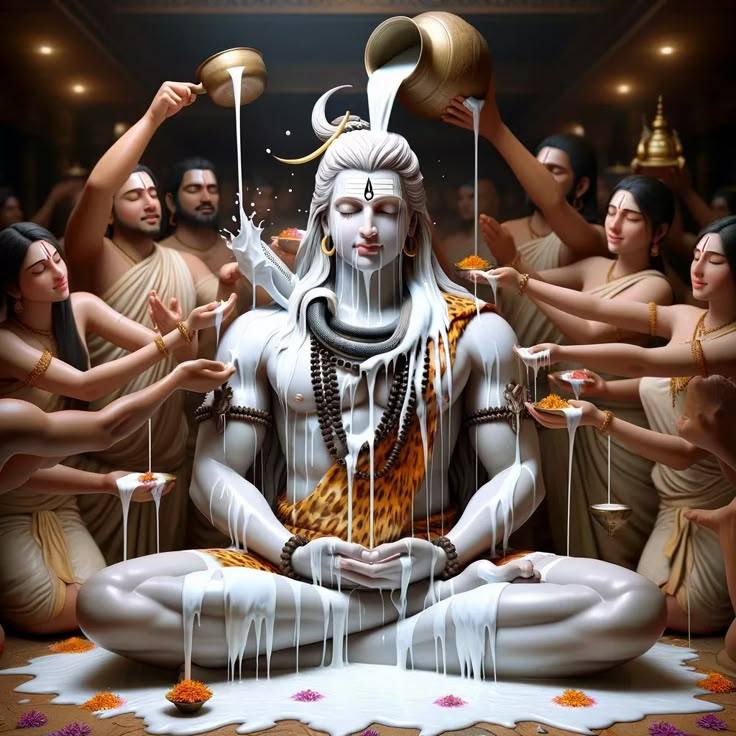
Spiritual Benefits
Chanting Mahashivratri mantras offers numerous spiritual benefits. It promotes mental clarity, inner peace, and emotional stability. The vibrations produced by the mantras resonate within the body, harmonizing the energy centers (chakras) and fostering spiritual growth. Devotees experience a deep sense of connection with Lord Shiva, invoking his grace and blessings for spiritual transformation.
Conclusion
Mahashivratri mantras are sacred tools that facilitate spiritual awakening and communion with the divine. By chanting these mantras with reverence and sincerity on Mahashivratri, devotees embark on a transformative journey of self-discovery and spiritual evolution. May the vibrations of these mantras resonate within our hearts, guiding us towards inner peace, enlightenment, and eternal bliss.

